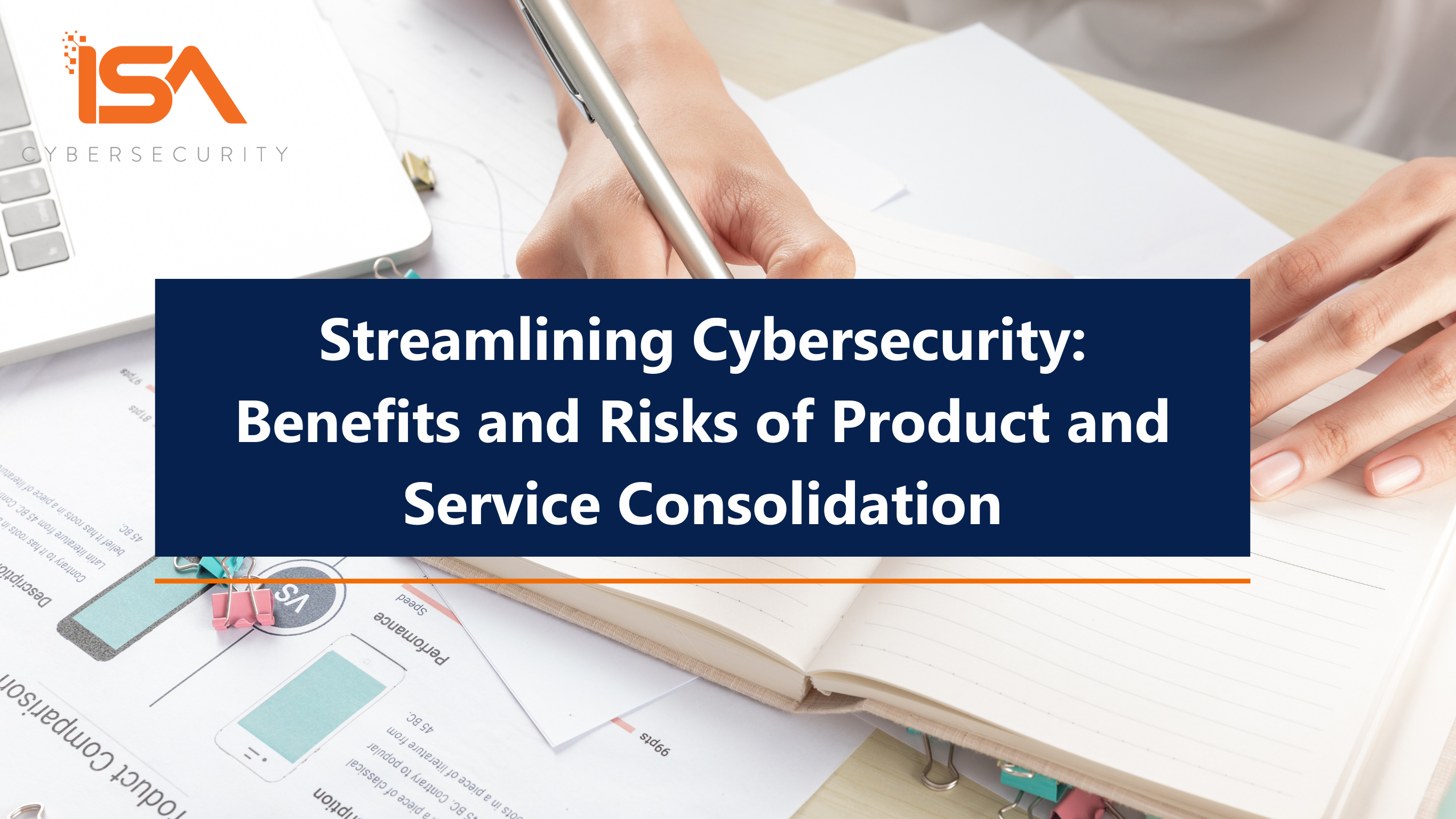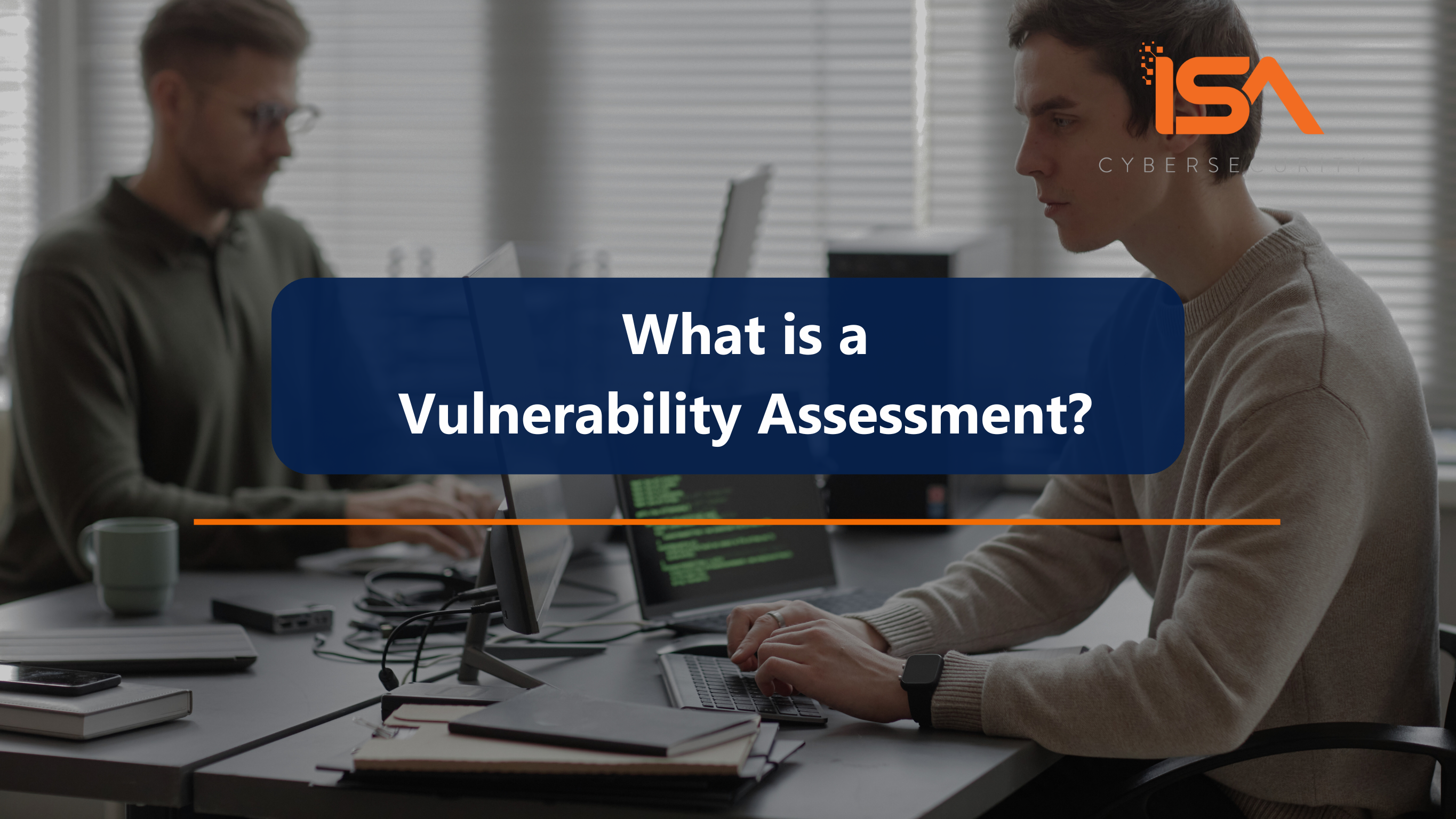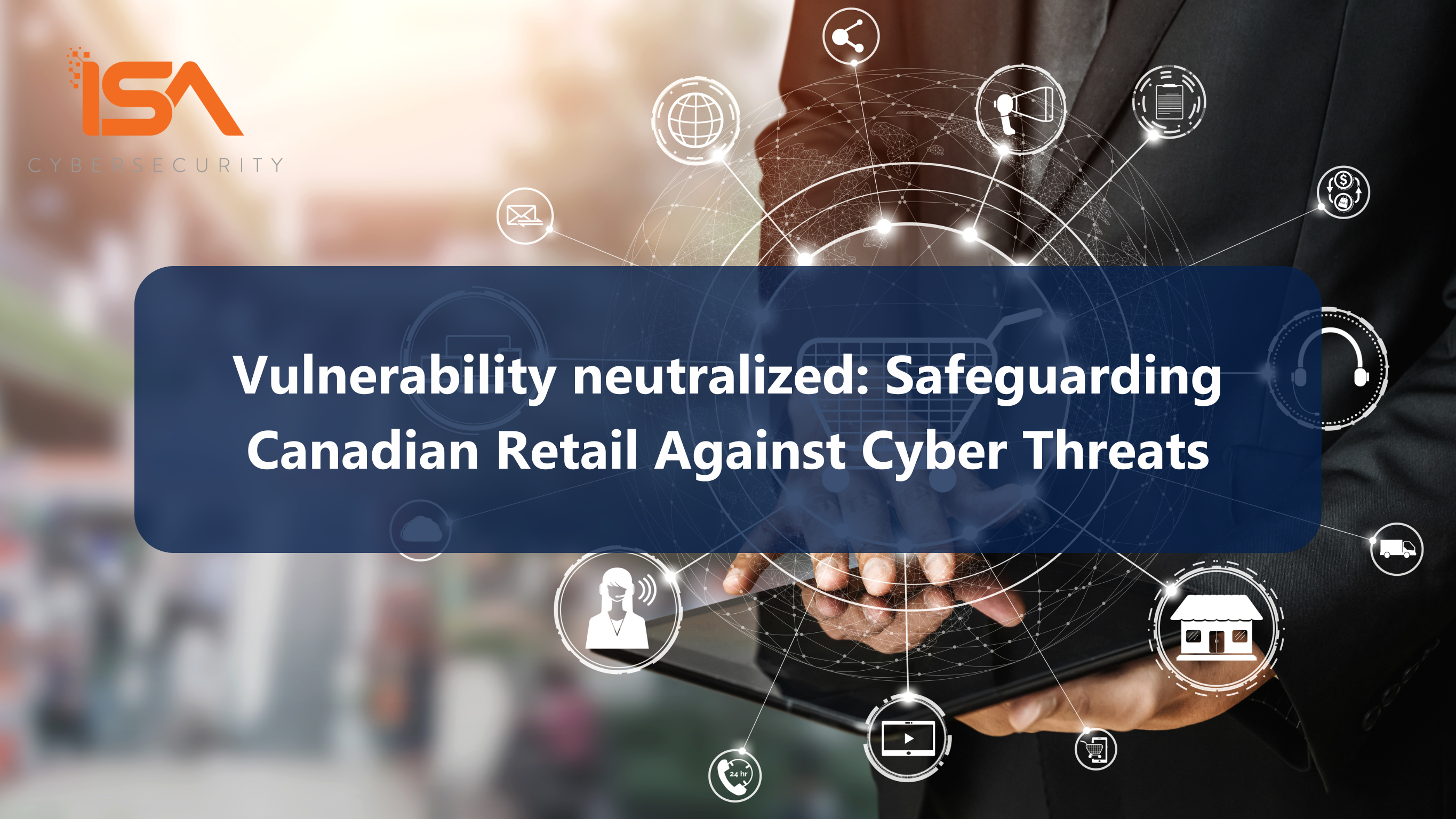Tackling cybersecurity solution sprawl can be one of the toughest challenges you and your team face. There’s a dizzying array of choices out there – a recent analysis identified over 3700 cybersecurity vendors offering nearly 8200 products across 17 categories – so chances are that you are dealing a lot of them. Let’s examine the benefits and risks of consolidating cyber products and services, and explore ways to move forward.
Potential Benefits of Consolidation
There are several potential “wins” you can achieve in consolidating your cybersecurity roster:
- Cost Control: Consolidating cybersecurity products under a smaller number of vendors can yield cost savings. First, as security vendors diversify offerings, overlaps in capabilities can develop. This means you may be paying for similar functionality multiple times without taking advantage of the benefits. Thinning your security stack can reduce this financial burden. Second, you can often secure volume discounts or bundled pricing when using several products from one vendor. Frequently, vendors are willing to offer preferred pricing to customers who are using a centralized security management suite instead of an à la carte offering, potentially reducing maintenance costs and renewal charges. Put it altogether, and you can improve your cybersecurity ROI simply by making more strategic product decisions
- Simplified Management: Unified security solutions allow you to manage a smaller set of tools, reducing the complexity of your cybersecurity infrastructure and applications. Administration and training costs may be reduced by using a single-source solution provider or product vendor, as naming conventions, integrations, and support may be standardized or centralized. This simplification often results in more efficient and effective security management, reduced training requirements, and potentially even simplify staff recruitment and improve talent retention.
- Centralized Monitoring and Reporting: Consolidation also enables centralized monitoring and reporting, providing your team with a holistic view of your security posture. This facilitates quicker response times to potential threats and more informed decision-making. While there is a trend towards “single pane of glass” administration solutions, it’s often difficult to corral and manage multiple cybersecurity environments under a single console. When you have multiple, inconsistent portals for security monitoring, you can create visibility silos that prevent you from getting a complete view of your environment. By consolidating your cybersecurity vendors and enabling orchestration between your chosen partners, you can reduce the number of security platforms you use – making it easier to get a handle on what’s happening across your organization.
- Improved Incident Response: This can be a forgotten benefit of consolidation, but can be critical in a crisis. With a unified set of cybersecurity tools, an integrated threat response approach can improve your incident response The interoperability of consolidated products allows for faster detection, containment, and resolution of security incidents. A single source vendor may have out-of-the-box connections and integrations between their offerings, making monitoring, data sharing, etc. much more convenient. This integration between products and services can strengthen your overall security posture, providing a faster and more coordinated approach to threat detection and response. In a crisis, every second counts!
Potential Risks of Consolidation
While there are appealing aspects to consolidation, it is important to understand the potential risks as well.
Consider:
- Vendor Concentration: Depending on a single vendor (or an unnecessarily small set of vendors) for multiple security solutions can lead to over-concentration or vendor dependency. This may restrict flexibility, create an unhealthy reliance on limited data (e.g., limited threat feeds, undetected emerging risks), and ultimately hinder your organization’s ability to adopt new, innovative technologies. “Picking the right horse” is an important decision: vendors that are strong in an area that is important to you may de-emphasize that offering down the road, or may themselves be acquired by another security vendor. Further, depending on your regulatory environment, a perceived over-reliance on a single partner may change your risk profile. Proceed with caution.
- Product Concentration: Similarly, relying on a consolidated set of products means that if one component fails or is compromised, it can have widespread implications. Diversification of security tools provides a safety net in case of failures or vulnerabilities in one particular solution. Unless the solution set is robust, using a single vendor may weaken your defense-in-depth strategy.
- Limited Best-of-Breed Solutions: Security solutions – despite marketing hype – are not all things to all people. Consolidation without careful evaluation of each product or service may cause you to “settle” for a solution instead of choosing the best fit for your organization, whether you’re talking about a product feature set or risk management services. Sacrificing specialization for a one-size-fits-all solution might not meet your key specific security needs or unique requirements. It is important to evaluate where your organization needs a top-flight solution, or whether a solid, competitive solution could make sense.
- Implementation Risk: Depending on the complexity of your IT infrastructure, consolidating cybersecurity products may be a significant challenge in and of itself. The implementation process can cause disruption, and requires careful project management, including planning, testing, documenting, defining rollback procedures, gathering performance metrics, etc. This risk is not necessarily a reason not to consolidate, but needs to be considered when retiring legacy solutions.
Moving Forward
With an understanding of the pros and cons of vendor/product consolidation, how to move forward?
- Risk assessment: Organizations should conduct a thorough risk assessment and strategic planning exercise before consolidating cybersecurity products. This includes identifying key threats and understanding current security needs, evaluating existing tools, and identifying gaps in your security posture. Understanding vendor service roadmaps is important here: assess whether vendors are committing resources to R&D, product expansion, etc., to ensure that they remain effective partners as new threats and challenges inevitably emerge.
- Product/Service Assessment: Periodic assessments of the consolidated security framework are essential to identify any emerging risks, vulnerabilities, or areas for improvement. Regular updates and adjustments ensure the continued effectiveness of your security strategy. And before launching a new product or service, reflect on your current suite of security tools before purchasing something new. Using what you already own and can comfortably manage will simplify the implementation process. It is also important to assess any specific connectivity requirements between the products and services and how they can best deliver value.
- Managed Services: Using a Managed Security Service Provider (MSSP) can relieve some of the challenges in selecting solutions. By simply consuming the services instead of worrying about individual products, integrations, etc., you can focus on your business and leave the details to a trusted partner.
Is product consolidation right for you? Your decision will be driven by your organization’s specific needs, goals, threats and risk tolerance. Consider the pros and cons and evaluate the risk/reward of thinning out your vendor list. Even if you find that the savings and efficiencies are not worth the potential risks and challenges, the evaluation exercise will help strengthen your understanding of your security posture and help set the stage for better choices of future cybersecurity initiatives.
The experts at ISA Cybersecurity have a comprehensive knowledge of the service and solutions landscape, as well as key control requirements and objectives. We are just a call away if you have questions about your security challenges.




